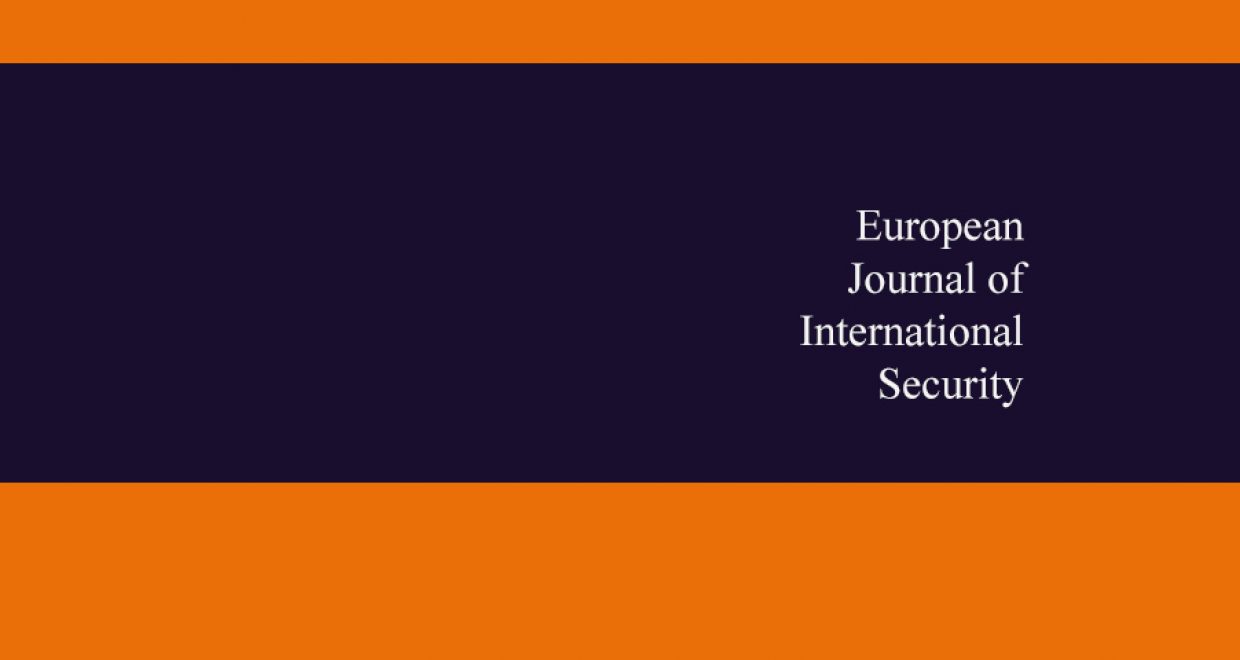Gendered Securitisation: Trump’s and Putin’s Discursive Politics of the COVID-19 Pandemic
The COVID-19 pandemic has taken the world by storm. At the time of writing this blog post, COVID-19 has brought a current death toll of almost 2.6 million people, and the number of infected surpassing 117 million people. A year has passed since the virus was discovered, yet hospitals are still buckling under a torrent of COVID-19 patients and the routines of daily life remain interrupted for billions worldwide. Importantly, COVID-19 is an endemic that will stay with us for some time.
States continue to wrestle with how best to respond to the COVID-19 pandemic but its securitisation is already universal. The mechanisms of securitisation are socially and culturally specific. Simply put, all states securitise COVID-19 but each state does so in a unique way. By identifying the pandemic as an existential security threat, national decision-makers respond to it from both operational and normative perspectives. In doing so, they actualise and perform some national identities, while excluding or silencing others.
Our Open Access article in the European Journal of International Security (EJIS) explores this process by focusing on the discursive politics of the COVID-19 outbreak in the United States and Russia from its early-onset to April 30, 2020. We examine how official securitisation discourses in the two countries draw on gendered constructions of national identity and discuss what linkages and potential implications they have for the state, its policy, and its society. Our analysis shows that both the former US President Donald Trump and Russia’s President Vladimir Putin instrumentalise hierarchical gendered identities to enforce securitisation of COVID-19. They mobilise gendered narratives, imageries, and practices to affirm particular understandings of the threat and create a homogeneous national “we,” portraying themselves as its guardians.
The masculinity performed by Trump and Putin is toxic, inasmuch as it (re)produces and nourishes state-inspired nationalism and white supremacy. On the domestic level, their gendered securitisation discourses atomise American and Russian citizens, imposing on them subjugating features of a homogenous national “we” and creating new exclusionary boundaries along the lines of race and ethnicity. Trump employs hegemonic discourses to reconceptualise the United States as a white, masculine entity. Trump’s gendering of the nation constructs fictionalised divisions between who belongs to the “we” and who is framed as the excluded Other. These discourses not only formulate the pandemic as a health crisis but elevate it to that of a racialised security threat, capable of compromising the purity of the United States. As for the Russian case, the brand of hegemonic masculinity reproduced by Putin normalises the racialisation of Russian nationalism and further anchors Russianness in its ethnic and religious terms. Moreover, Putin fosters paternalistic domination over women by rendering them passive victims of the pandemic to be protected and guided.
By bringing to the fore Trump’s and Putin’s convergent securitising discourses, we do not target their failure to protect their citizens. Rather, we problematise how both Trump and Putin draw heavily on projections of gendered power to maximise the effect of their securitisation moves. Thus, they dangerously exerted hegemonic masculinity at a time of great global uncertainty. In the United States, Trump fuelled sentiments of fear and security to quell the pandemic’s threat to American sovereignty and shore up global dominance. Concurrently Trump cementing his own leadership position as the nation’s protector. In Russia, Putin drew on the idealised heteronormative concept of the nuclear family to frame his leadership as the nation’s patriarch and therein legitimise an authoritarian regime. Gendered securitisation processes are not uniform but instead, socially and culturally-specific.
Our findings show that both Trump and Putin – two very notable and influential politicians in the international arena, to say the least – virtually turn masculinity into the means of securitising COVID-19. Their performances of securitisation set standards of appropriateness, legitimising certain kinds of foreign policy responses to the pandemic while silencing others or presenting them as ineffective. In this sense, our study shows how implicit and explicit references to masculinity in the process of securitisation confirm it as the political norm and thus naturalize the systemic effects of toxic gendered practices that permeate both Trump’s and Putin’s quests for power.
– Anna Kuteleva, National Research University Higher School of Economics
– Sarah J. Clifford, University of Copenhagen
Kuteleva and Clifford’s EJIS article can be accessed here.




It’s a great post about Covid 19 and it’s very revealing. Congratulations